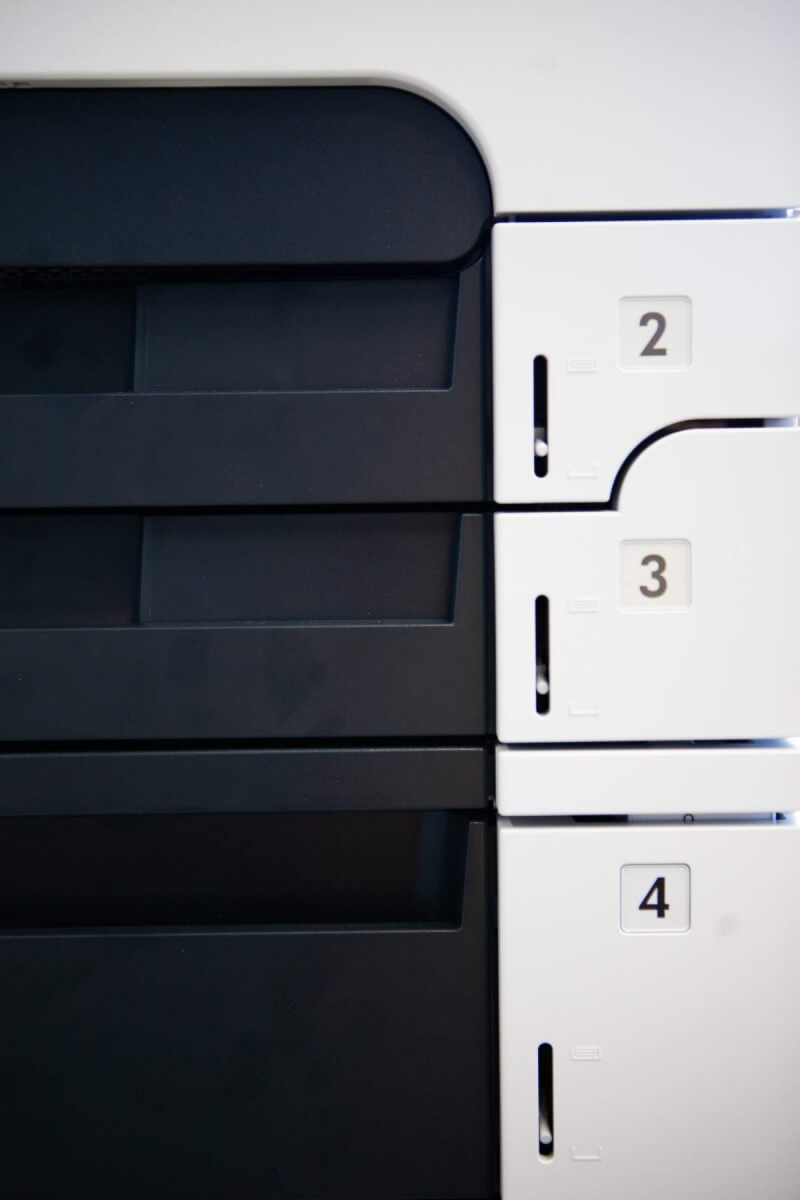5 things to consider before renewing your managed print service
Do you really know what you're getting from your current managed print services (MPS) contract and relationship? Sometimes those who signed the initial contract MPS are no longer with an organisation, meaning the contract renews without it being questioned.
Managed print services (MPS) are best defined as the ongoing management, support and maintenance of a business' print infrastructure and document output by an external service provider. This implies that an MPS provider should be proactive when communicating with your business about your printing needs, not waiting for you to contact them.

Additionally, a managed print service provider should look beyond just the print equipment and work with your team to find the right solution for every aspect of your printing, including toner ordering, document scanning, workflow integrations and reporting.
With the wide range of options available, it can be a challenge identifying the best print management plan for your organisation. There's nothing worse than being stuck in a contract you don't entirely understand and that doesn't meet your needs.
Here are some important points worth considering before you renew your managed print contract so that you can ensure you're getting the most from your managed print agreement.
Print service and usage reporting
Reporting provides useful insights into potential cost savings, including identifying where improvements can be made. 90% of companies don't track their printing costs, which can be an expensive lost opportunity.
Modern printers and photocopiers can be equipped with print monitoring software that collects data about usage. This enables you to regularly assess whether your current agreement still aligns with your needs. Make sure to ask your existing provider to provide ongoing usage reports, cost-saving analysis and service call reports. Ongoing managed print reports should surface any areas for optimisation and improvement.
Upgrading your printer or photocopier
As equipment ages, it becomes more expensive to run. There are a few causes for this, including:
- The rising costs of purchasing toner and consumables from manufacturers as manufacturers increase costs in line with devices aging
- Increases in service calls and replacement parts required as aging machines become more prone to breaking down
- Reduced supply of products can inflate the price of sourcing parts required
Newer technology is generally more reliable and cheaper to run, and your MPS should provide you with guidance on upgrading options that fit the needs of your organisation. It's important to know whether upgrades are included in your contract or not and what process is required when it's time to upgrade. While the equipment maintenance may be more expensive for older machines, sometimes it is worth looking into extending the life of your existing machines. Depending on the age and model of your print devices, it could turn out to be more cost-effective. It's a matter of comparing both options with your MPS to find the best solution for your business needs.
Do your print volumes meet your current needs?

If your contract holds you to a minimum monthly volume you should check to see if this volume is appropriate for the current needs of your organisation. Your reporting should include an analysis of whether you're going over or under your contracted volume and you may need to revisit your MPS contract if there's a big gap between your actual versus contracted volume.
Being locked into an excessively high-volume contract could mean you're overpaying for what you actually use. Business needs change over time, so it's important that your managed print service offers some flexibility in your contract so that if your needs change, your managed print service can change with you.
Support is key for any service provider
Does your MPS offer support when you need it? Their customer experience team should be able to provide maintenance and coordination with your IT team and internal stakeholders. They should also aim to automate the ordering of supplies and restocking consumables and should seek regular feedback from you to help improve their service.
Using your managed print service support can help remove the burden of basic maintenance from your internal staff and free them up for more valuable activities. Some level of support service is expected, so check your contract and make sure you know how to access the full scope of service support you're paying for.
Get more out of your relationship
Your MPS provider should be doing what's best for your organisation. This includes optimising their service to provide the best price and solutions. Print equipment can be expensive, so a key part of your MPS' role is establishing the best fit for you. For example, traditional MPS providers may promote additional print and paper-based products when your organisation may benefit more from digital solutions. It is worth seeking out an MPS provider who can not create the best managed print experience for you but can also work with you to digitise and transform your business through cloud technology and workflow processes such as accounts payable automation.
Get the right managed print service for your organisation
Taking the time to understand your managed print service is a worthwhile exercise. That way you can be sure your provider has your best interests at heart and your MPS is aligned to your business' needs and goals.
Our managed print services challenge the traditional model. We work to complement digital transformation, rather than restrict it, and our tailored options ensure you're only paying for what you need.